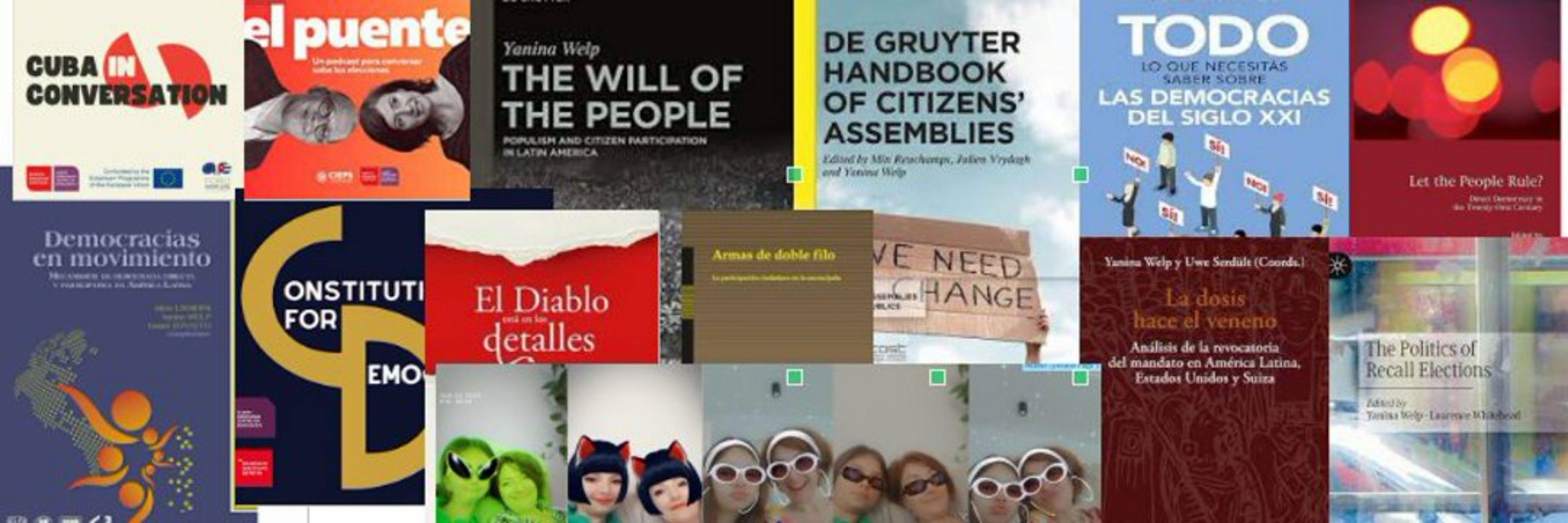
PolSci - Comunicación Política - https://yaninawelp.wordpress.com
Democracy, participation & deliberation, Latin American politics
@ahcdemocracy.bsky.social - @gvagrad.bsky.social
@redpolitologas.bsky.social #NoSinMujeres
Posting in #English & #Spanish ..
more
PolSci - Comunicación Política - https://yaninawelp.wordpress.com
Democracy, participation & deliberation, Latin American politics
@ahcdemocracy.bsky.social - @gvagrad.bsky.social
@redpolitologas.bsky.social #NoSinMujeres
Posting in #English & #Spanish

📚Evidence from participatory budgeting, popular initiatives, and citizens’ assemblies in #Latam @melross.bsky.social
bit.ly/4qkXG6h

www.routledge.com/Mounting-Pre...

🔗 doi.org/10.4324/9781...
Looking forward to your abstracts!
@welpita.bsky.social @ahcdemocracy.bsky.social @clpn.bsky.social
Abstracts are due by 15 January, 2026.

Join the discussion if you're there!



➡️there is no international law that justifies Maduro’s capture,
➡️but there is also no law capable of hiding the theft of the July elections.
Narratives of sovereignty vs. democracy fail to cover the fact that the power struggle has been laid bare.
What comes next?


